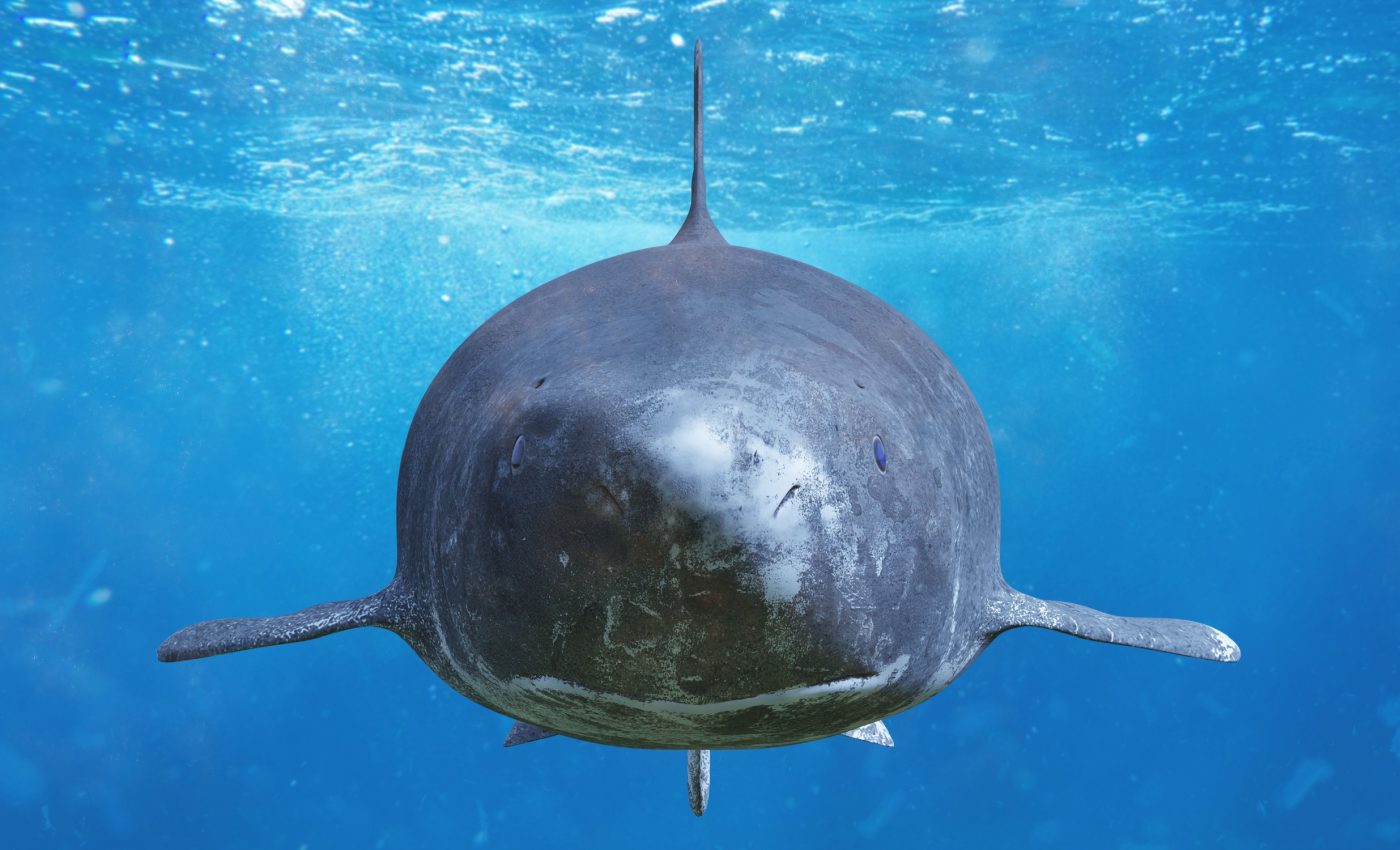
Greenland sharks live up to 500 years, but what's their secret?
Isn’t there something enticing about the thought of longevity? What if we might be closer to understanding some secrets of long life, taking cues not from myths and legends, but from an ancient ocean dweller like the Greenland shark?
Meet the ancient titans of the deep
The gentle giants Greenland sharks (Somniosus microcephalus) boast a lifespan of 270 years at the very least, with tales suggesting they might live beyond 500 years.
Ewan Camplisson, a curious PhD student from the University of Manchester, sparked the spotlight on this ancient behemoth’s fascinating life.
Greenland shark’s code of longevity
Earlier, scientists believed the Greenland shark’s glacial surroundings and minimal movements might hold the key to its life’s lengthy timeline.
But Mr. Camplisson and his team debunked this theory and delved deeper. They believed the tale of this majestic marine’s lifespan was more entangled with complex metabolic adaptations than earlier proposed.
“Most species show variation in their metabolism as they age. We want to determine if Greenland sharks also show this traditional sign of aging, or are they playing by a different rulebook?” Mr. Camplisson shared their idea.
Inside Greenland sharks’ ageless muscles
To untangle this mystery, the team conducted enzyme assays on preserved Greenland shark muscle tissues.
They used a spectrophotometer, a light-measuring tool, to track the metabolic activity in sharks of varying ages and environmental temperatures.
What they uncovered was nothing short of astonishing. There was no significant variation in muscle metabolic activity across different ages, hinting that their metabolism does not seem to wane over time.
“This is quite different to most animals which tend to show some variation in their metabolic enzyme activity as they age,” he says.
“The results support our hypothesis that the Greenland shark does not show the same traditional signs of aging as other animals.”
Role of temperature in metabolism
The subtle plot twist in the study was the observation that metabolic enzymes exhibit significantly higher activity at elevated temperatures.
“This would suggest that the shark’s red muscle metabolism is not specially adapted for the polar environment, otherwise we would have expected to see less of a temperature related difference in activity,” says Mr Camplisson.
Implications for Greenland shark’s conservation
Species as enigmatic and ancient as Greenland sharks may face dire straits in our rapidly changing climate.
They may not mature sexually until they’re 150 years old, and with such a long generation time, their chances to adapt to human-induced environmental shifts could be pretty slim.
Camplisson voices his concern for these elder residents of our oceans, highlighting the critical role they play in marine ecosystems.
He strongly advocates for their protection, emphasizing the need for urgent conservation measures to ensure their survival for future generations.
Epigenetics and beyond
While genetics provides the foundational script, the emerging field of epigenetics looks at how environmental factors influence gene expression over an organism’s lifetime.
This dynamic interplay between genes and the environment could shed light on how Greenland sharks maintain their health across centuries.
By studying epigenetic markers, researchers aim to decipher how these sharks mitigate the effects of oxidative stress and other aging processes.
The Greenland shark offers a living model to explore how life at extreme latitudes can shape the epigenome in ways we never anticipated.
As we unravel these intricate layers, the Greenland shark continues to inspire awe, bridging the gap between marine biology and human aging research.
Leap towards human cardiovascular health
Not only do these revelations help us protect precious species, but they also have potential implications for human health.
Mr. Camplisson’s interest extends towards how studying the Greenland shark heart could inform our understanding of our cardiovascular health, particularly as we age.
By unweaving these astounding marine mysteries, we open doors to not only preserving immeasurable biodiversity but also improving human health.
So the next time you think of anti-aging secrets, look beyond fancy creams and serums. The secrets might just be swimming beneath the icy Arctic expanse, within the formidable yet fascinating Greenland sharks.
The scientific findings are to be showcased at the Society for Experimental Biology Annual Conference in Prague, July 2024.
—–
Like what you read? Subscribe to our newsletter for engaging articles, exclusive content, and the latest updates.
Check us out on EarthSnap, a free app brought to you by Eric Ralls and Earth.com.
—–













